The easiest way to run these kinds of queries is through the Protégé-OWL ontology editor. Pellet is available as reasoner plugin for Protégé and you can write DL (description logic) queries in Protégé using the Manchester OWL syntax. (Actually, the syntax that Protégé accepts is a little bit different from the Manchester OWL syntax, but the two are close enough that you probably won't run into any issues.)
Once you've downloaded the pizza ontology, you can open it up in Protégé. Using the Reasoner menu, select the Pellet reasoner. Then, again under the Reasoner menu, select Start Reasoner. Now Pellet has reasoned over the ontology and is ready to answer some questions. Go to the DL Query tab, and you can now enter your queries. The examples on the CO-ODE Manchester syntax page will get you started, and there's a W3C working group note on the Manchester Syntax that has all the details, if you need them. More directly relevant to Protégé is the DL Query Tab article on the Protégé wiki.
Your queries can be expressed by these two Manchester class expressions:
hasCountryOfOrigin value AmericahasTopping some SpinachTopping
In Protégé the results look like this:

Although the Individuals checkbox is selected, the pizza ontology doesn't define any individuals that have America as their country of origin. However, there are two classes which are subclasses of hasCountryOfOrigin value America, and these are, unsurprisingly, the classes American and AmericanHot.

Similarly, there are no individuals defined in the pizza ontology which have a spinach topping, but the class Florentina is a subclass of hasTopping some SpinachTopping, which means that each instance of Florentina has some spinach topping.

